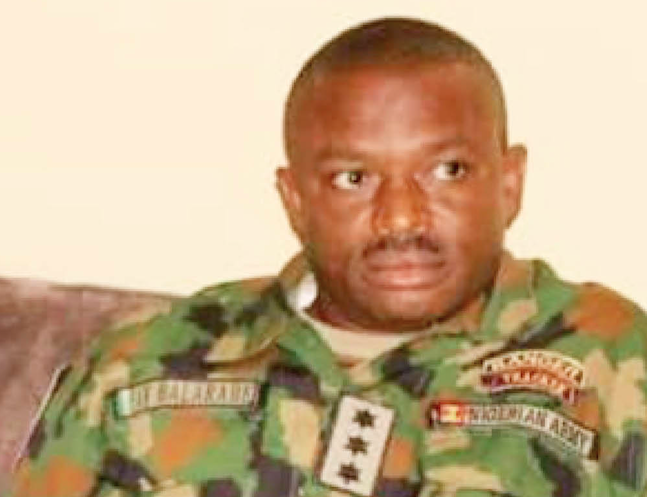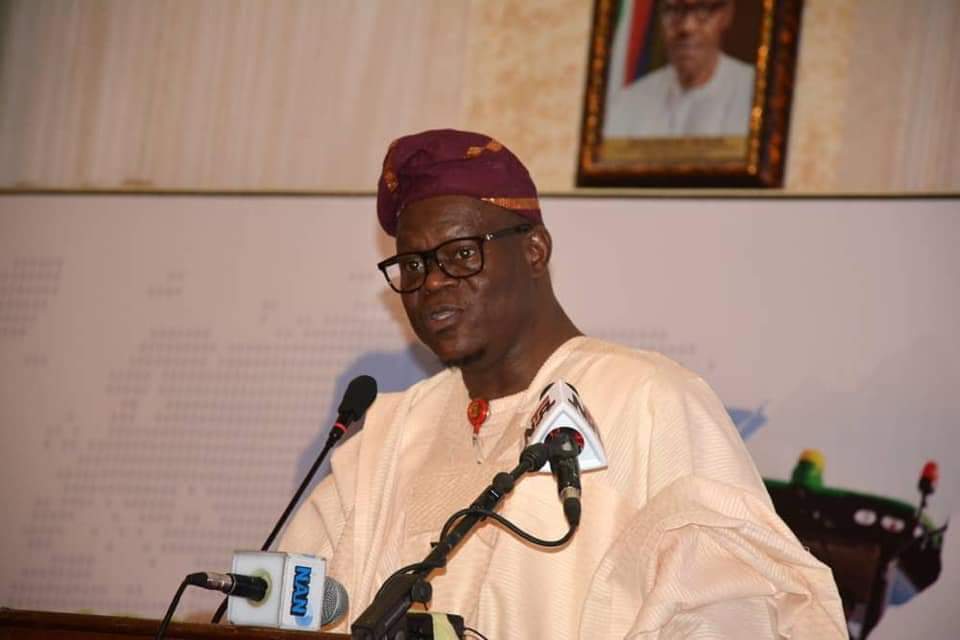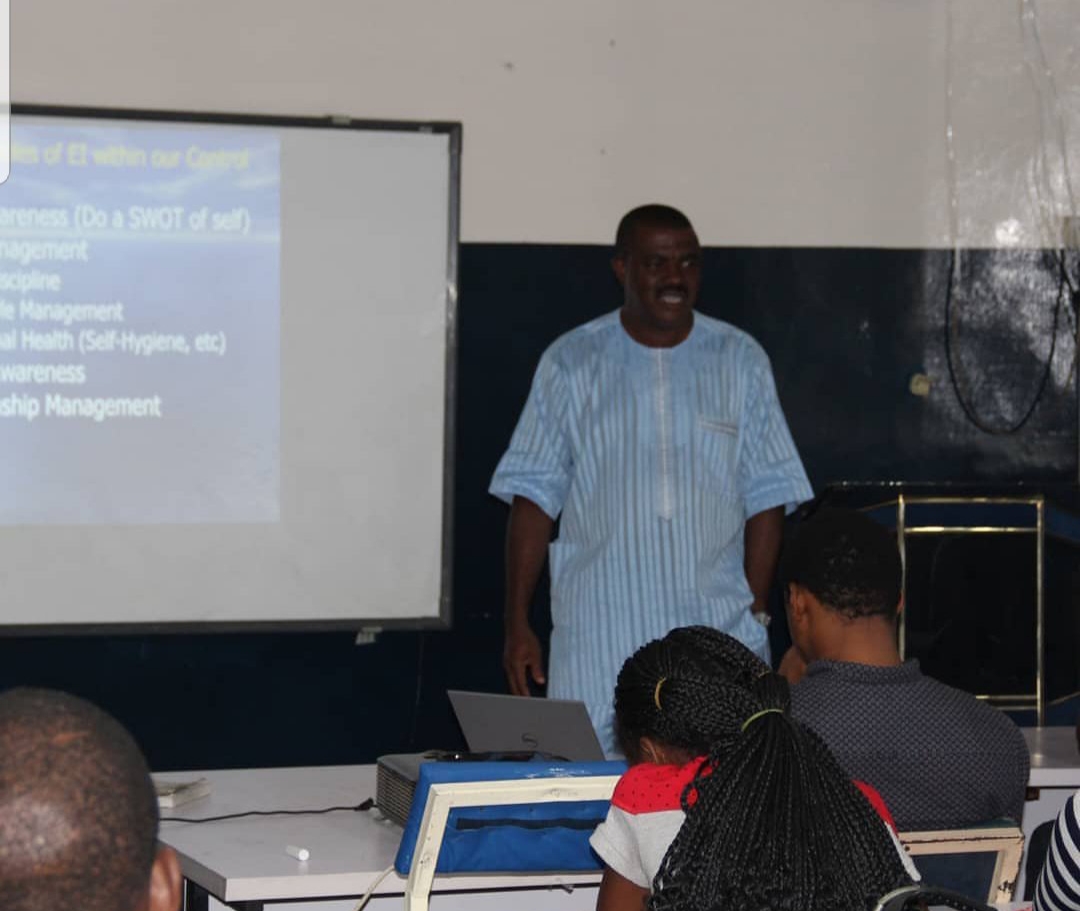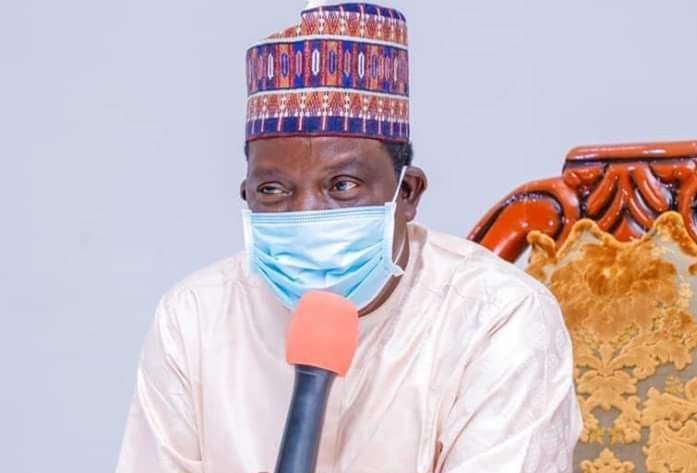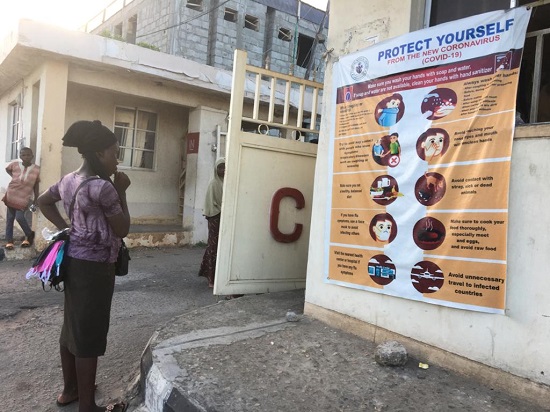Abubakar Malami, attorney-general of the federation, has denied allegations that some soldiers are being shielded in the trial of Bala Hamisu, suspected kidnap kingpin better known as Wadume.
On August 6, 2019, some soldiers attached to 93 battalion Ibbi-Takum road, led by Tijjani Balarabe, a captain with the Nigerian army, attacked some policemen who arrested Wadume.
Three policemen and two civilians were killed during the incident, while Wadume was set free.
After his rearrest, Wadume had confessed that some officers of the Nigerian Army assisted him to escape when he was initially arrested.
Advertisement
The office of the attorney-general of the federation later took over the case from the police but the soldiers were not brought to the court for trial.
This had triggered different reactions, with some persons accusing the attorney-general of the federation of shielding the soldiers involved in the release of Wadume.
But speaking with state house correspondents on Wednesday, Malami said the soldiers had not been taken to a civil court because they were still being court-martialled in line with the rules of the military.
Advertisement
“On Wadume’s case, I will like you to note for the record that it’s the office of the attorney-general of the federation that is constitutionally established to consider an interest of justice, public interest and ensure the absence of abuse in the judicial process,” he said.
“Within the context of public interest and the interest of justice, what we consider by way of fair hearing is that people that are charged to court are entitled to fair hearing, judicially determined within a reasonable time. Then where people are charged multiple times on account of one reason or the other, they cannot collectively be brought before the court for arraignment on account that others are at large. Those that are available are entitled to have their case determined within a reasonable time.
“Now, coming to the issue of the soldiers, it is important for you to note that within the context of the Nigerian law, there are certain provisions that are exclusive to the military within the context of law on court martial and then the internal discipline associated with the military. The soldiers can now be charged before court martial and then for the military to release their personnel for prosecution, ordinary there are in-house processes and procedures that are to be consummated. So those that are handy for the purpose of prosecution cannot be held in custody for unduly longer period of time on the account or the absence of the military.
“So that is how the idea of severing the charge to allow those that are handy to stand their trail arose. That does not mean that by any means that the military are shielded and cannot be prosecuted. But if they have to be prosecuted, they have to be prosecuted within the context of the law. What is the law here? They are military personnel, first they are to go through the in-house processes.
Advertisement
“There are two options, either to charge them before the court martial which is a special court established by law for the trial of soldiers or in the alternative for the military after consummation of the in-house processes should consider handing them over for trial. So, what has happened is perhaps a delay for a limited time to allow the processes recognised and realised by law to be consummated as it relates to the prosecution by the military as recognized by law and not in any way to intended to accord them protection in order to prevent them from being presented before the court. I hope that is clear.”
Add a comment
